Nothing Has Meaning
We create meaning behind our current situation.
A Small Social Experiment
I have a confession to make. I like to carry out different surveys among people I know, to get a better idea of how human nature evolves in today’s society. You can think of it as a small social experiment, I prefer to call it: “a productive way to satisfy my curiosity”. The last survey research I conducted was to find out what is the thing they (my friends, family, neighbors, etc) desire most in life. These are the common responses:
- I want more peace in my life (aka worry less)
- I want to discover my true self (aka stop comparing yourself to others)
- I want to get rid of unwanted thoughts and negative emotions (aka get rid of the past)
- I want to more “me time” (aka become more organized & more mindful)
- I want to be as happy as people who I follow on social media (aka how social media affects our self-perception)
“Life has no meaning. Each of us has meaning and we bring it to life. It is a waste to be asking the question when you are the answer.”
Joseph Campbell Tweet

We Create Meaning
We create meaning. Yet nothing has meaning alone. We create meaning and we bring it to life. Things are just ordinary items and people are just random social beings before we give them a specific meaning. That’s why our interpretations of the seemingly ‘same’ thing are so different. Therefore, the thing that means the world to one person can be utterly worthless for someone else. Which is exactly how it is when you think about it. Reality is entirely subjective hence we all have our own unique perception of it. And there are no two different people with the exact same understanding of the world around us. This is because our perception of the external world is filtered through our prior knowledge and individual personal experience. And since no two individuals have the same set of personal experience or type of background knowledge the perception of the external world varies from person to person. But that’s not all. Our individual perception of the world is then being filtered through our own mind’s eye and translated into a completely different understanding of “what’s going on here”. And this is how the whole process of our storytelling begins.
So, we perceive the world through our five senses, which by the way deceive us all the time, and then we create stories and narratives to get a better understanding of “what’s going on here”. Then with our ability to think and the reason we create meaning behind these stories in order to make sense of what we perceive. Nothing has meaning alone, we create meaning in order to be able to navigate our life.
What is really interesting here, is that this meaning-making process we engage ourselves in serves as a powerful tool to make our way through life. I mean, that’s pretty amazing.
But how exactly we create “this” meaning? Well, basically we do it by comparison and contrast. We search for similarities and differences to discover how people or things are similar and how they are different. As human beings we have this ability to bind things together by creating different stories and narratives, comparing them one to another and creating meaning behind it all. Although it may not appear obvious at first glance, it is exactly how this meaning-making process works.
To explain it better, let’s take, for instance, an expression: “Without sadness, happiness has no meaning.” I’ve bet you’ve heard that one, like a million times. In other words, an absolute exists only with a counter-absolute, in this case referring to the existence of happiness that we are able to perceive and describe only if we experienced a deep sadness.
We do the exact same thing with other complex ideas. We believe (the intended use of the word) that something is “beautiful” because it’s not “ugly”, some object is “white” because it is not “black”, we’re happy because we’re not sad. We describe silence as the lack of sound, inner peace as the lack of suffering and stillness as a total lack of movement.
So basically what happens is that we compare and contrast two different things or ideas to create meaning behind them. And what’s better and easiest way to do this if not by taking an absolute and finding a counter-absolute?

“You will never be happy if you continue to search for what happiness consists of. You will never live if you are looking for the meaning of life.”
― Albert Camus Tweet
Have you checked my FREE printable workbooks on self-care and prioritizing life?
If not, you can DOWNLOAD your 2 FREE workbooks here, just CLICK on the photos!

Pain Is Inevitable, Suffering Is Optional
Nothing has meaning alone. We create meaning by comparing things one to another and creating different narratives behind them. This meaning-making process serves us to create our own landscape of meanings which is then used as a tool to navigate life, face everyday challenges and we avoid drowning in our existential nightmare – the uncertainty.
But do we really need to compare two extremes to make the meaning of our world? Is this true that an absolute does not exist without a counter-absolute?
Are you sad only because you’re not happy? Is sadness a lack of a good reason to be happy? Isn’t that we create sadness based on contrasting it with other feelings and emotions we experienced in the past? Isn’t that we believe we’re sad only because we don’t feel insanely happy? What if sadness is something totally different from the absence of reason to be happy? What if we feel unhappy “by mistake”? What is our overactive imagination create a dramatic story increasingly remote from our true reality?
What about those moments we feel sad not because we have experienced something traumatic but because we just can’t find a good reason to be happy? I know it may sound a bit strange but just think about it.
It may seem strange but sometimes narrative we create to describe what we perceive through our 5 senses may have nothing to do with the real situation. Just think about it. Our five imperfect senses keep deceiving us all the time and our imperfect memory is incredibly selective. We choose (sometimes unconsciously) the things we want to remember and those that we’d rather just forget. We train our brain to confirm our beliefs and opinions and ignore those that don’t accord with our world view. We all do that. All the time.
By that logic, our storytelling can be not only deceptive but even dangerous especially if we create dramatic storytelling that causes unpleasant feelings and unnecessary suffering that wasn’t there at the beginning. Do you see where I am going with this?
We create our storytelling that directly affects our state of mind and personal well-being. This basically means that stories and narratives we make up to describe what we perceive through our five senses can trigger pleasant emotions like joy or happiness or unpleasant feelings like anger, fear or sadness. As pleasant emotions tend to do no harm even if they have nothing to do with the real situation (the present moment) the trouble starts when your dramatic storytelling causes negative emotions that create suffering that wasn’t even there at the beginning. Sounds crazy right?
Fortunately, once we realize that our mental state is a result of the dramatic storytelling we can let it go, return to reality, accept it and appreciate it for what it is.
Now you see why I use a statement that “Pain is inevitable but suffering is optional”. Because the thing is I really think that in most cases we can choose not to suffer. The pain appears when we have experienced something traumatic but suffering is the fruit of our storytelling. And the truth is that sometimes we suffer even if nothing particularly bad happened. We suffer because of the dramatic narrative we created to describe something not so dramatic that it happened a while ago.

Nothing has meaning alone, we create meaning.
“Be yourself; everyone else is already taken.”
― Oscar Wilde Tweet

A Happy Filter Of Our Virtual World
There is no doubt that social media play an important role in our daily life. And like everything else social media has both advantages and disadvantages. However, I’ve been having this feeling lately that the negative aspects prevail. Mostly because we don’t use social media mindfully. I mean we hear all the time stories of people who deleted their social media accounts because they were making them extremely anxious and severely depressed. Sounds familiar? And I must say that it does not surprise me. If I spend too much time on social media mindlessly scrolling through profiles of some social media influencers I start to feel REALLY bad about myself. This gives me this idea of how much does social media affects our self-perception.
And why is that happening? Well, because we see something on social media and we create stories and narratives behind it. Then we create meanings behind these stories and those meanings start to consume us. Those meanings we created with our storytelling create suffering that wasn’t there at the beginning. We suffer because our true reality is nothing like a perfectly happy online world. Most of the time we work 24/7 with no break or vacation, we don’t have the perfect beach body and we are tired of faking happiness… Yeap, positivity culture can be extremely toxic.
We created this false representation of how the world really is and now this false reality filled with fake measurement and personas is starting to take over.
So maybe it’s time to acknowledge the elephant in the room. Scrolling through social media accounts filled with photos of perfect or perfectly photoshopped bodies and insanely positive beach summer vibes can lead to low self-esteem, negative self-talk, depression or even self-hatred.
It only looks innocently but below the surface of this perfectly photoshopped fake online world hides a real danger – the danger of comparison. Just think about it. When do you scroll through social media profiles of influencers portraying their “perfect” life with no problems and issues you start thinking: what’s wrong with me? And then we realize that our life sucks because it’s not perfectly photoshopped. But you know what? Nobody’s life is perfect. Instagram filter does not work in real life. The online world is an illusion, a false representation of the real world.
It seems obvious but still, we continue to fall into this comparison trap. So we scroll through social media accounts, looking at “perfect lives” of social media influencers and of course we start comparing ourselves to them. And how we feel then? Well, if you’re like me you feel just awful.
And what happens next?
Well, we start to beat ourselves up for not having all of those things that makes people who we don’t even know so “suspiciously” happy. We compare ourselves to other people, our life to their life and our experience to their experience completely forgetting that it has NO SENSE.
Because the truth is that comparing yourself to others has no sense and it can do a lot of harm to your mental wellbeing. But you do it anyway. You look at your life through an Instagram filter and you create stories and meaning behind your current situation. And I bet the narrative you use is rather negative, am I right?
An what happens next?
Well, most probably you feel like a cr*p. Because how you supposed to feel if you’ve just seen thousands of photos of ridiculously good-looking people (by today’s standards), beautiful beaches with perfectly silky sand, yachts, expensive cars, and all of that stuff and then you return to your true reality where Instagram filter does not work. Well, that’s what I call an unsophisticated form of perverted masochism. And yes, I do it too… sometimes.
We all know that #perfection does not exist in real life but for some reason, we tend to forget about that while scrolling through social media profiles of influencers portraying their “perfect” life with no problems and issues. That’s not real life. Instagram glam has nothing to do with real life. Nobody is always happy and nobody looks good all the time. Most people only want to show the good stuff. So they highlight the positives and hide all the negatives. Social media is an illusion and until you’re aware of that you should be fine. But the moment you let your guard down, these fake online world sucks you in like black hole. So please remember that the virtual world is not real life. Don’t beat yourself up for not having a successful and insanely positive life people portray on their social media accounts. Because most probably their life is also far from being perfect.
Life is not a #vibe. Life is not a hashtag. And no having a #beachbody is not or should not be your ultimate life #goals for god’s sake. That’s not real life!
Life is a bitch. Life hurts. Life is chaotic, difficult and unpredictable and there is no Instagram filter that could fix this. But your life can be beautiful. It all depends only on you. You have to do it on your own. If you want to make your life more meaningful, beautiful and interesting you have to put your phone down, return to your true reality, take some deep breaths and have a deep conversation with yourself. I’m not going to lie, it’s not an easy thing to do. But it is important for our health and wellbeing.
Social media are a great tool for meeting new people, creating new life opportunities, spreading an important social message around the globe or unlocking your full creative potential but only if you use it WISELY and MINDFULLY. You have to pay attention and avoid mindless scrolling through social media profiles otherwise this dangerously toxic positive culture (sic!) will eat you alive. Well, let’s face it positivity has its dark side.
'There is no greatness where there is not simplicity, goodness, and truth.'
Leo Tolstoy Tweet

Simplicity Is The Key
Nothing has meaning alone. We create meaning. We create stories and narratives to make sense of the world. We create words to describe our experience. We create happiness and suffering. We create hope and doubt. We create self-love and self-hatred. We create success and failure. We create ourselves.
As human beings, we truly love overcomplicating things. We’re looking for extreme highs and trying to avoid extreme lows. But what we forget about, is this moment of pause. The moment of letting go. We are afraid of being in the present moment without overthinking and creating meanings. We are afraid of silence. We are afraid of being ourselves. But this fear melts away when you stop resisting the present moment. So stop for a moment. Take a pause. Breathe. Stop overtaking. Just be. Don’t let these meaning you constantly create to consume you. Just be. Simplicity is the key to a meaningful life.
P.S.
Stay Positive
Be Mindful
And Learn To Let Go
xo Kate

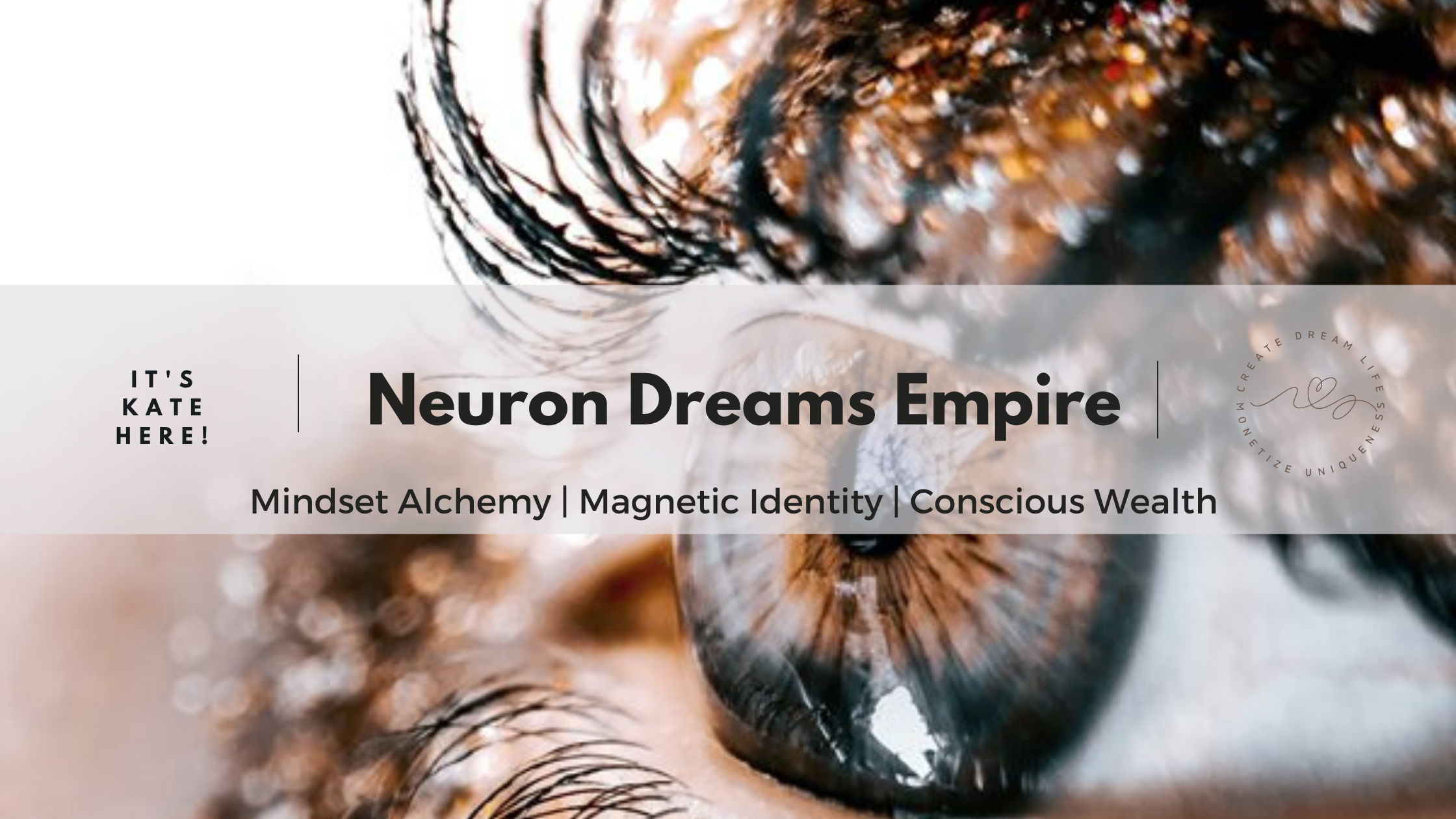


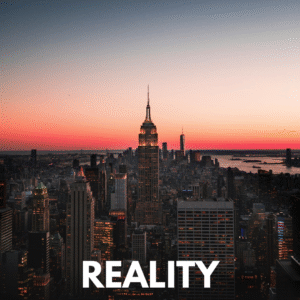

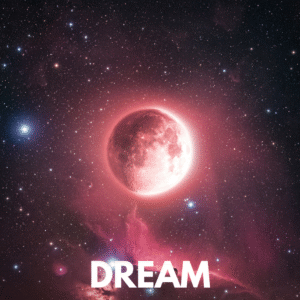



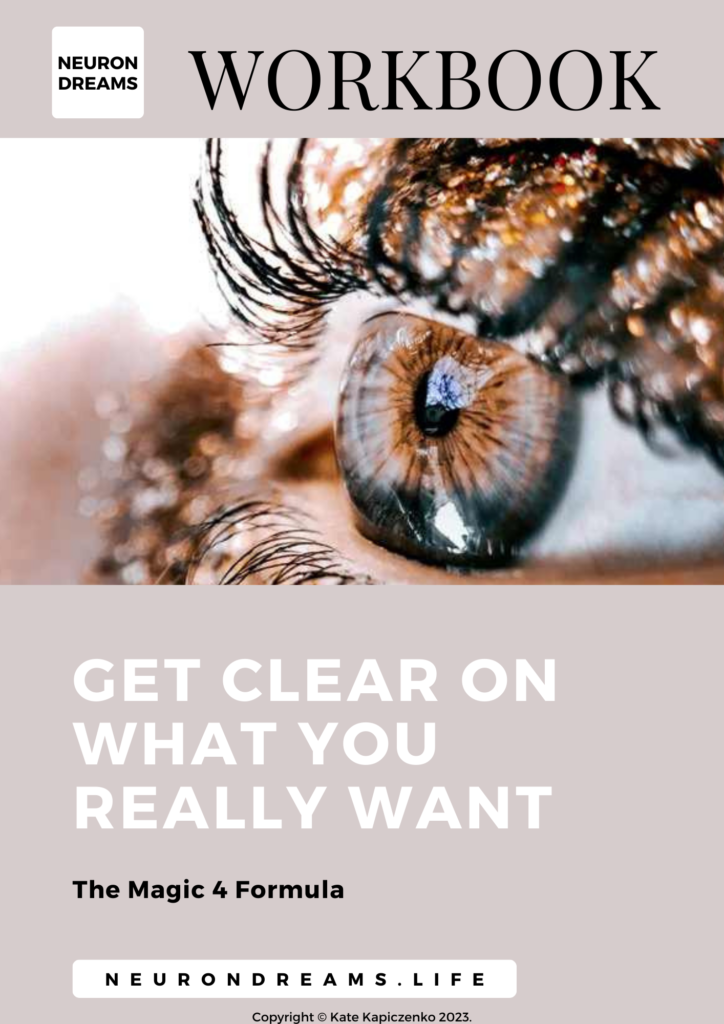
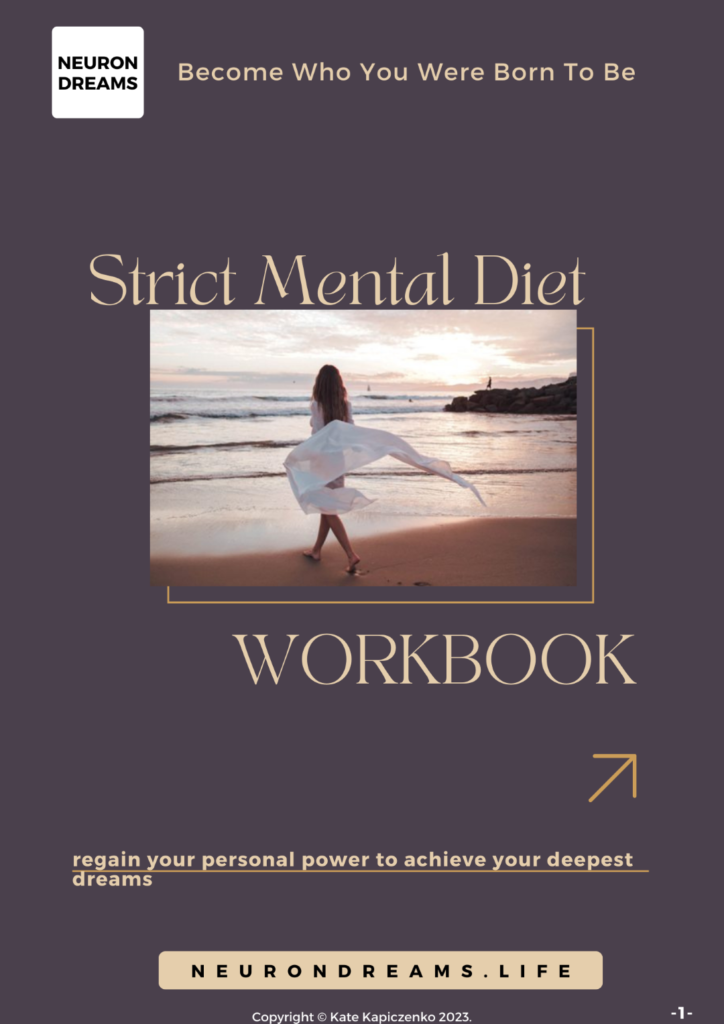

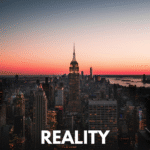


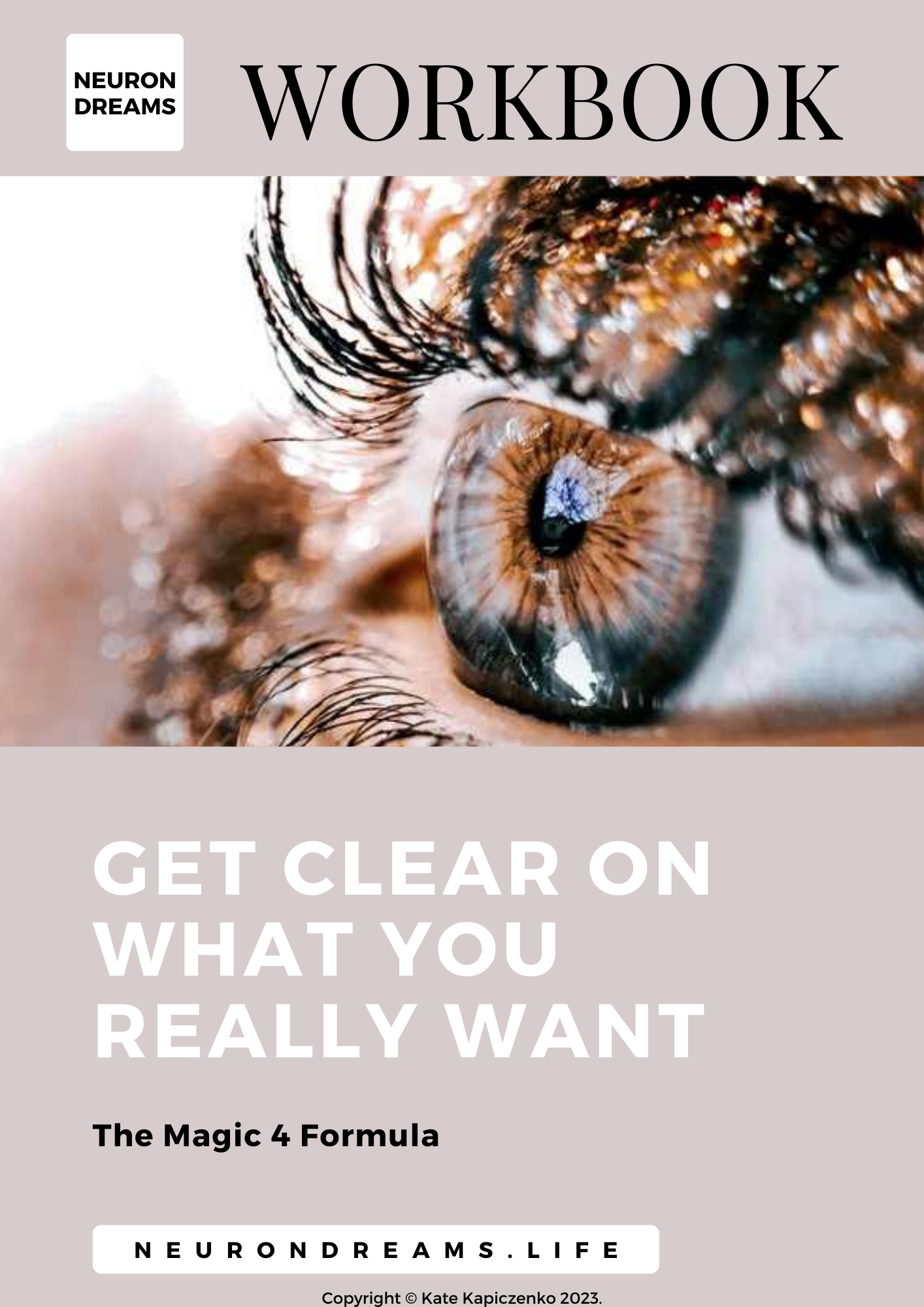
4 Responses
Yes. I like this. It’s so easy to get caught up in comparison, and I’ve struggled with this all my life. I actually unfollowed someone once because all she ever did was post how great her life was. (It was someone I never saw anymore in real life, though, because she had moved 500 miles away.)
Well, toxic positivity definitely does more harm than good. And not only for a person who cultivates it but also for everyone around. There is a HUGE difference between genuine optimism and toxic positivity that some people seem not to see. A genuine optimist is when you keep moving forward despite the problems and difficulties. Because no one’s life is perfect so what’s the point to fake it?. We all go through tough times in life and yes, you need a positive mental attitude to be able to make the best of a bad situation otherwise you will get stuck in unpleasant feelings and unwanted negative thoughts. But you need to be careful not to fall into this trap of “toxic positivity”. Because pretending that everything is fine when it’s definitely not, makes your situation much worse because you lie to yourself (and who likes liars? 😂) It’s not possible to be always happy, positive and cheerful because life is not a #positivevibe. Life is beautiful but it’s very hard. There are lots of ups and downs and we have to learn no move forward despite all of that cr*p. I really think that this “toxic positivity” (so visible on social media) is just another defense mechanism someone uses to separate themselves from unpleasant events and unwanted thoughts. People choose to hide behind the fake smile when they can’t or does not want to deal with their real issue (I used to do that in the past). But the truth is that the moment we accept that life is not perfect and we choose to move on, we enter the path of personal growth and self-development. And what’s better than that? THANK you for your comment! I hope you’re doing fine. Have a great day! Let’s make August awesome!! Take care! 😃
I don’t spend much time on social media, but I live in a place where appearances matter – more is better, bigger is better, and the pressure to be perfect and successful is pervasive. Maybe that is true most places. I learned to let go of comparing myself to others years ago… Especially not to compare my insides (feelings) to other people’s outsides. Who knows what their insides look like?
As a society, we tend to compare ourselves to others all the time and let’s just say that living in the era of social media doesn’t make it easier. It’s REALLY hard not to get stuck in this comparison trap. You have to be mindful and emotionally self-aware to avoid that. You only need to compete against yourself in order to improve and succeed. I’m glad you learned to let go of comparing yourself to others. That’s a huge accomplishment!! You should be proud of yourself!! Take care and have a wonderful weekend!!